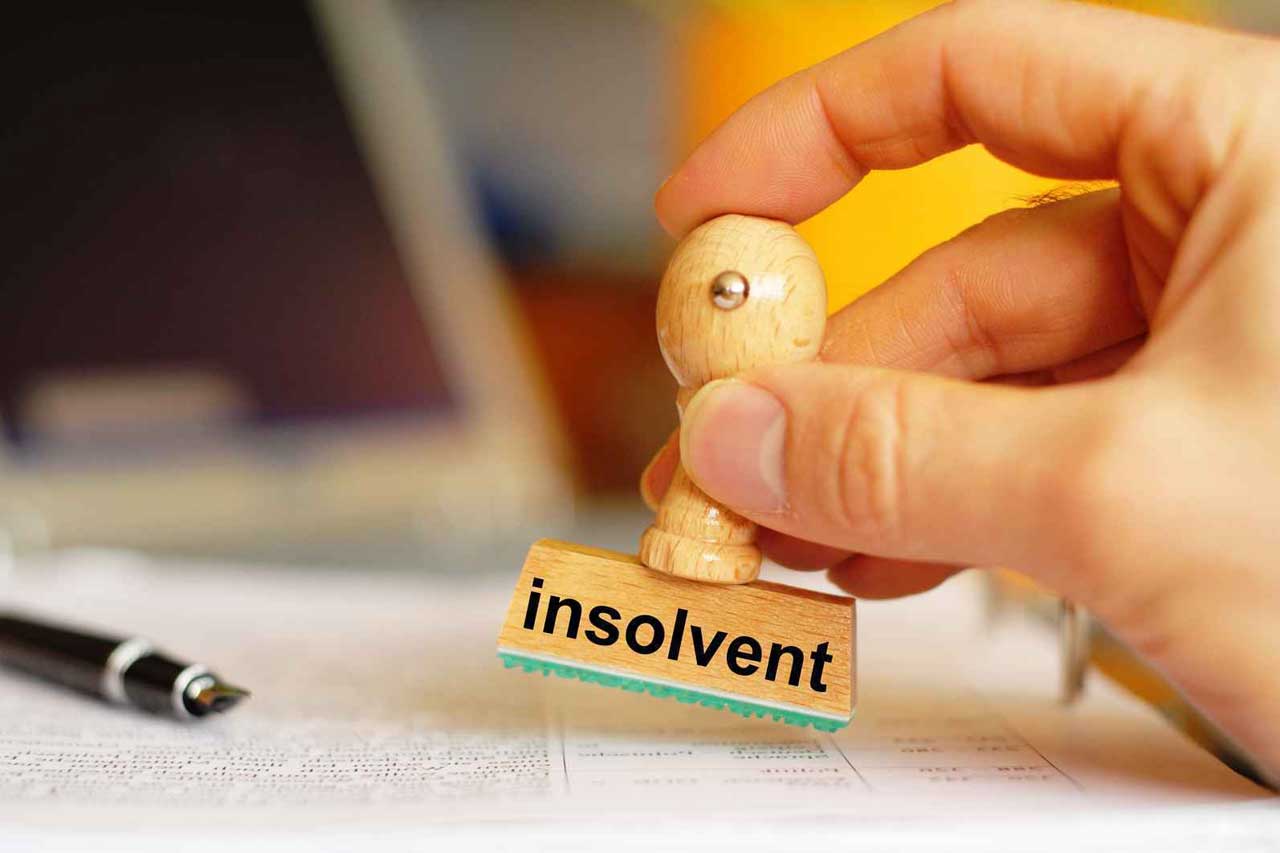Insolvency in a business can happen for many reasons – a downturn in the economy, poor management or fraud being just some of them. Some of the signs that financial difficulties are lurking in your business are poor cash flow, ongoing losses and creditors still being unpaid outside of normal trading terms. If you even suspect your business is losing ground financially it is imperative to act quickly in order to save it, and first call of action should be to find some legal advice and a lawyer.
To do this, Lawyers Perth advise that the first thing that should be done is to consult with competent commercial lawyers to make sure your company is indeed, heading towards financial disaster. It is wise to take business advice from business experts and implement it as quickly as possible in order to save your business. This advice could be anything from cost cutting measures through to restructuring the business, all depending on the state of the finances and type of business structure already in place.
But what happens if this is not enough and your business becomes insolvent?
- Do not allow the company to incur any more debt.
- Do not continue to trade.
- Check out your options for restructuring, refinancing or getting more equity.
- If these are not advisable, you will need to appoint an administrator or liquidator.
An administrator will work in the company to see if it can be saved in any way. If it can, well and good. If it cannot be saved, an administrator’s job is to see that the creditors get a better deal that they would if the company went straight into liquidation.
Putting the company into the hands of a voluntary administrator should be done by the board members who agree that this step is necessary. They have to get the written consent of a registered liquidator to act as an administrator.
A liquidator’s role is to wind up the company in a way that is orderly and fair to creditors. To appoint a liquidator the director of the company must call a meeting and board members vote on whether to wind up the company and appoint a liquidator or to apply to the Court to do so.
Another option is to go into receivership. This happens when a secured creditor who holds security over some or all of the assets in the company appoints a receiver. Their job is to sell enough of the assets to repay as much as possible of the debt the company owes to the creditor. A director of the company may be the secured creditor. They should seek legal advice before appointing a receiver.
When a company is known or even suspected to be insolvent, trading must cease. If it does not the directors can be charged with a criminal offence of trading illegally as no insolvent company is legally allowed to continue trading.


